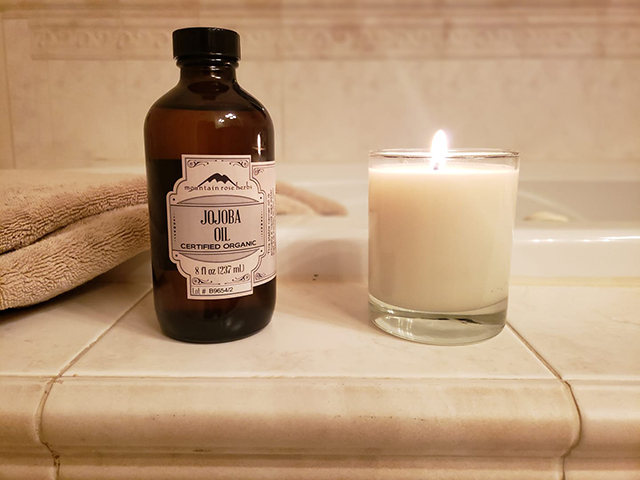
In our quest for health and vitality, we focus so much on the “input” that we forget the importance of the “output”. We can eat this, not eat that, take all these supplements, and stay hydrated, but if we’re not pooping regularly, we’re not going to achieve the wellness we are seeking.
Picture your fridge… you put all sorts of fresh veggies in the produce drawer. But if you don’t move them through there quickly enough, it’s all going to rot, make a mess and stink up the fridge, and you’re not going to benefit from all the nutrients the veggies contained.
Same with your digestive system… you eat all these luscious fruits and veggies, clean protein, fiber, healthy fats, etc. If you don’t digest them well and efficiently, they will in essence rot in your gut, and all the toxins and junk your body wanted to expel will get reabsorbed into your blood stream, causing a vicious cycle of toxicity and impaired function. There’s a reason you feel a little polluted when you’re constipated.
Health coaches will often ask their clients if they’re regular, and the client says oh yes, I go #2 regularly. Only later to find out that regular for that client meant once a week. No bueno! Some people have been irregular for so long they think it’s normal.
To be clear – regularity is a nice, easy, complete bowel movement every morning. There may be a sense of lightness, emptiness, and energy when you’re done. It’s okay and good to have another one later in the day too (which can happen if you’re really hydrated). Interestingly, how your poo looks can even reveal a lot about your health. Check out this handy, dandy doody chart!
If you’re not achieving nirvana on the throne, the top three common drivers of constipation include:
- Low magnesium status. Magnesium is important for muscle contraction and relaxation, both of which are vital for good bowel movements. Low magnesium is unfortunately becoming more and more common as our soils are depleted of nutrients. Different forms of magnesium are helpful for different issues. Magnesium citrate is especially good for constipation (and can cause loose stools when taken in excess of your needs).
- Low stomach acid. This is also very common (and in a bizarre twist of fate, can be the cause of acid reflux). One of the best ways to increase your stomach acid and improve digestion/elimination is to slow down, relax while you eat, and chew your food very well. If that doesn’t do the trick, try sipping apple cider vinegar during your meal or taking betaine HCl. (Best done under the guidance of an experienced health coach specializing in a functional medicine approach.)
- Dehydration. Almost no one drinks enough water. The best way to stay hydrated is to drink a couple large glasses of room temperature water upon waking. Then sip water every half hour throughout the day. Try not to drink a lot immediately before or right after meals, so that you don’t dilute your precious digestive juices.
If you fully implement these three strategies and still suffer, you may wish to schedule a consultation with Charlotte Ott, our resident constipation expert. She loves talking about poopin’!
Image credit: everydaynewinfo on flickr.com


